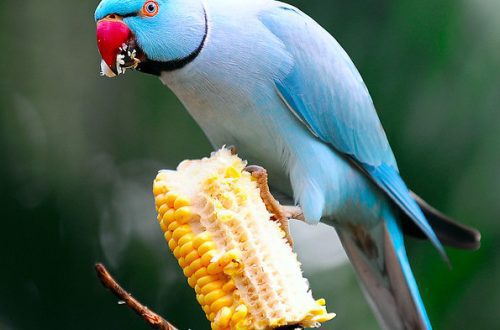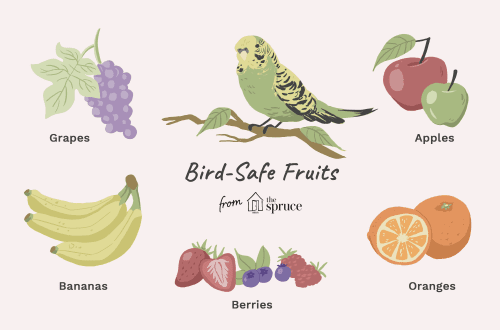
Why is the parrot screaming?
Parrots are wonderful pets. But, like everything else, they have their drawbacks. For example, many of them are very fond of screaming and literally harassing their owners with noise. How to deal with such behavior? What to do if the parrot screams?
It will be easier to wean a parrot from screaming if you understand the reason for this behavior. There can be a lot of such reasons, so the first thing to do is to rule out health problems. Pain and discomfort are often the causes of bad bird behavior, and a consultation with an ornithologist will not be superfluous.
Most often, parrots scream from … boredom. If a dog is left at home alone without toys, it will bark and howl. The same with birds. A bored parrot “sings” to get attention or just to express its displeasure. The other reason is the opposite: your pet may scream with excitement. This often happens when the atmosphere at home is noisy and the parrot is stressed.
The habit of making noise can overtake your pet during the mating season. Usually, over time, the behavior returns to normal.
Many birds chirp as they greet the morning. In this case, just accept the pet as he is and give him the opportunity to enjoy the new day.
But what if the parrot screams not only in the morning or when he is bored, but almost constantly? Some species of birds are inherently very noisy and it is pointless to “retrain” them. However, there are a few secrets that will help you at least slightly correct behavior or achieve silence. Let’s list the main ones!

Make sure the conditions you create are suitable for the parrot. Is he comfortable in the cage, does he have enough? Is he hungry, is he thirsty? Any discomfort can cause the pet to scream.
Place as many different toys as possible in the parrot’s cage (within reason, so that they do not interfere with movement). A parrot that has played will not pester the owners with noise. From time to time, alternate and update toys so that the pet does not lose interest in them.
Let the parrot fly around the apartment every day so that it stretches its wings and throws out the accumulated energy. Be sure to close the windows and keep a close eye on the bird so that it is safe to walk around.
Let the parrot make plenty of noise in the morning and evening. Birds love to chirp at sunrise or sunset. If you do not interfere with them in this, then you will have every chance to enjoy the silence day and night.
Pay attention to your pet. Talk and play with your ward more often, train him, teach him various tricks, teach him to talk. Getting the attention of the owner, the parrot will not beg for it with a wild yell.
Talk to the parrot in muffled tones, learn to whistle softly. The parrot will quiet down to hear you better, and will begin to imitate your measured speech.
Never yell at a bird. Have you already guessed why? No, not only because such punishment is completely ineffective. Rather, on the contrary. Hearing your cries, the bird will imitate your behavior and try to outshout you. Do not forget that a frightened or excited bird makes a very loud noise!
Reward good behavior and ignore bad behavior. If the parrot hasn’t screamed while you were out of the room, give it a treat. Conversely, if the parrot is screaming to get your attention, ignore its behavior. In this case, even your dissatisfied facial expression can become an encouragement for him, not to mention a loud intonation. The best solution is to silently leave the room. At first, be prepared for increased screaming and be patient. When the parrot realizes that his cries do not affect you, he will calm down. Return to the room as soon as the parrot stops screaming and has been in silence for at least 10 seconds.
Do not leave the bird in absolute silence, provide it with white noise. Alternatively, turn on the TV. The main thing is not loud. Contrary to what most people think, nature sounds are best avoided: if a parrot hears the call of another bird, it will make even more noise.
Control the lighting. Avoid bright lights in the room where the parrot is in the cage. At night, do not forget to cover the cage with a thick cloth. As a rule, parrots need 10-12 hours of sleep at night.
Be consistent and patient. Remember, patience and work will grind everything? But don’t expect the impossible from your pet. Birds are by nature quite noisy creatures, they communicate with a cry, express their approval or displeasure in this way, and you need to learn how to accept it!
I wish you success in the educational process and strong friendship with the feathered one!





